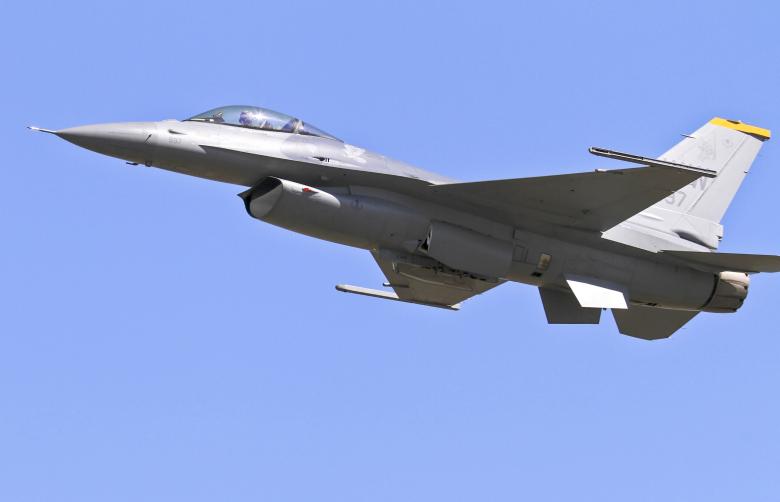Poland to Shoot Down Airspace Violators
By Asmita - Sep 22, 2025
Poland's Prime Minister announces a toughened stance on protecting airspace, vowing to shoot down any violating objects, especially Russian drones and jets. The country has already downed Russian drones, invoked NATO consultations, and coordinated with allies amidst rising tensions due to conflicts in Ukraine. While emphasizing the importance of unified action, Poland also urges cautious judgment in less clear-cut cases to prevent premature escalation. With increased Russian military activity near NATO borders, debates arise over the adequacy of current NATO measures and the need for a more forceful deterrence strategy.

F-16 via StockVault
Poland’s Prime Minister Donald Tusk declared on September 22, 2025, that the country will shoot down any flying objects that clearly violate its airspace. This statement came amid growing concerns over repeated incursions by Russian drones and fighter jets into Polish and neighboring NATO member airspace. Tusk emphasized during a press conference in Warsaw that there is absolutely no debate about taking decisive military action when foreign objects breach Polish sovereign territory. The move highlights Poland’s assertive stance on protecting its skies amid heightened tensions caused by the ongoing conflict in Ukraine and Russia’s military provocations against NATO allies.
This toughened approach follows a series of incidents, including the downing of at least three Russian drones over Polish airspace earlier in the month, marking the first time Russian drones were shot down in NATO territory. Poland, together with allied NATO air forces, has been actively intercepting these threats as part of bolstered eastern flank defenses. The Prime Minister described these actions as shifting the political situation, noting that Poland had invoked NATO’s Article 4 to convene consultations over the threat to its national security. He also mentioned that Poland is in constant coordination with its allies to ensure unified action if the conflict escalates further.
However, Tusk also signaled a more cautious approach in less straightforward cases where incursions do not directly violate airspace sovereignty, such as the recent flights of Russian fighter jets over the Petrobaltic platform in the Baltic Sea. Since the platform lies outside Polish territorial waters, Tusk stressed the need for careful judgment to avoid actions that might prematurely escalate the conflict into a more acute military phase. The Prime Minister underscored the importance of collective decision-making with NATO allies before taking irreversible steps that could lead to confrontation. He highlighted that Poland must be certain that allies will stand together in any such critical situation.
These developments come amidst increased Russian military activity near NATO borders, including recent violations reported by Estonia, and escalating drone incursions that have prompted calls for stronger NATO responses. Russia has denied accusations of airspace violations, describing allegations as fabrications aimed at increasing tensions. Meanwhile, experts and European Union officials have debated whether NATO’s current measures, largely involving interceptions and warnings, are sufficient or if a more forceful stance is needed to deter Russia’s aggressive actions on its eastern frontiers. Poland’s readiness to shoot down threats reflects a broader shift toward a more assertive NATO posture in safeguarding member states’ airspace.


